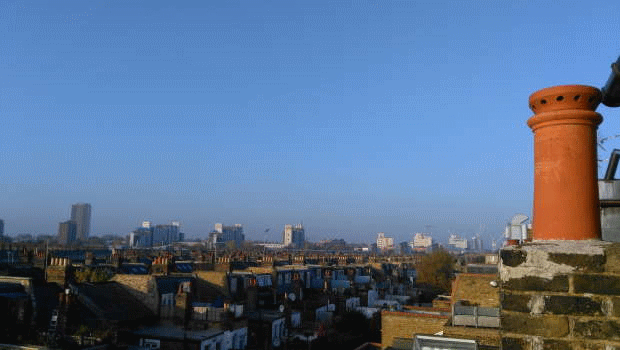House prices unexpectedly rise again in November - Nationwide

UK house prices unexpectedly rose again last month, according to a survey released on Friday by Nationwide.
House prices were up 0.2% on the month following a 0.9% increase in October. This was the third monthly rise in a row and ahead of expectations for a 0.4% decline.
On the year, house prices were 2.2% lower in November following a 3.3% drop the month before. Analysts were expecting a 2.5% decline. Nationwide pointed out that while this was still weak, it was the strongest outturn since February.
The average price of a home now stands at £258,557.
Nationwide chief economist Robert Gardner said: "There has been a significant change in market expectations for the future path of Bank Rate in recent months which, if sustained, could provide much needed support for housing market activity."
He noted that in mid-August, investors were expecting the Bank of England to raise rates to a peak of around 6% and lower them only modestly, to around 4% over the next five years.
However, by the end of November, this had shifted to a view that rates have now peaked at 5.25% and will be lowered to around 3.5% in the years ahead.
"These shifts are important as they have led to a decline in the longer-term interest rates (swap rates) that underpin fixed rate mortgage pricing," he said. "If sustained, this will help to ease the affordability pressures that have been stifling housing market activity in recent quarters, where the number of mortgage approvals for house purchases has been running at c.30% below pre-pandemic levels."
Martin Beck, chief economic advisor to the EY ITEM Club, said the housing market’s fundamentals are looking a little healthier of late.
"The MPC’s decision to hold interest rates unchanged in November for the second successive meeting has contributed to another fall in quoted mortgage rates," he said.
"Another hold when the MPC meets later this month appears very likely. The rapid pace of growth in average wages, alongside flat or declining house prices, has led to a significant fall in the ratio of house prices to average earnings, improving affordability in that respect. And healthy household balance sheets and low unemployment have kept mortgage defaults and forced sales very low, keeping supply down.
"Moreover, the EY ITEM Club thinks inflation will recede quicker than the Bank of England expects. If so, the UK central bank may have to backtrack on its recent messaging, opening up the prospect of rate cuts late next spring. None of this suggests a rebound in house prices anytime soon, But a period of drift, rather than serious decline, looks likely, easing at least one previously anticipated headwind to the economy."